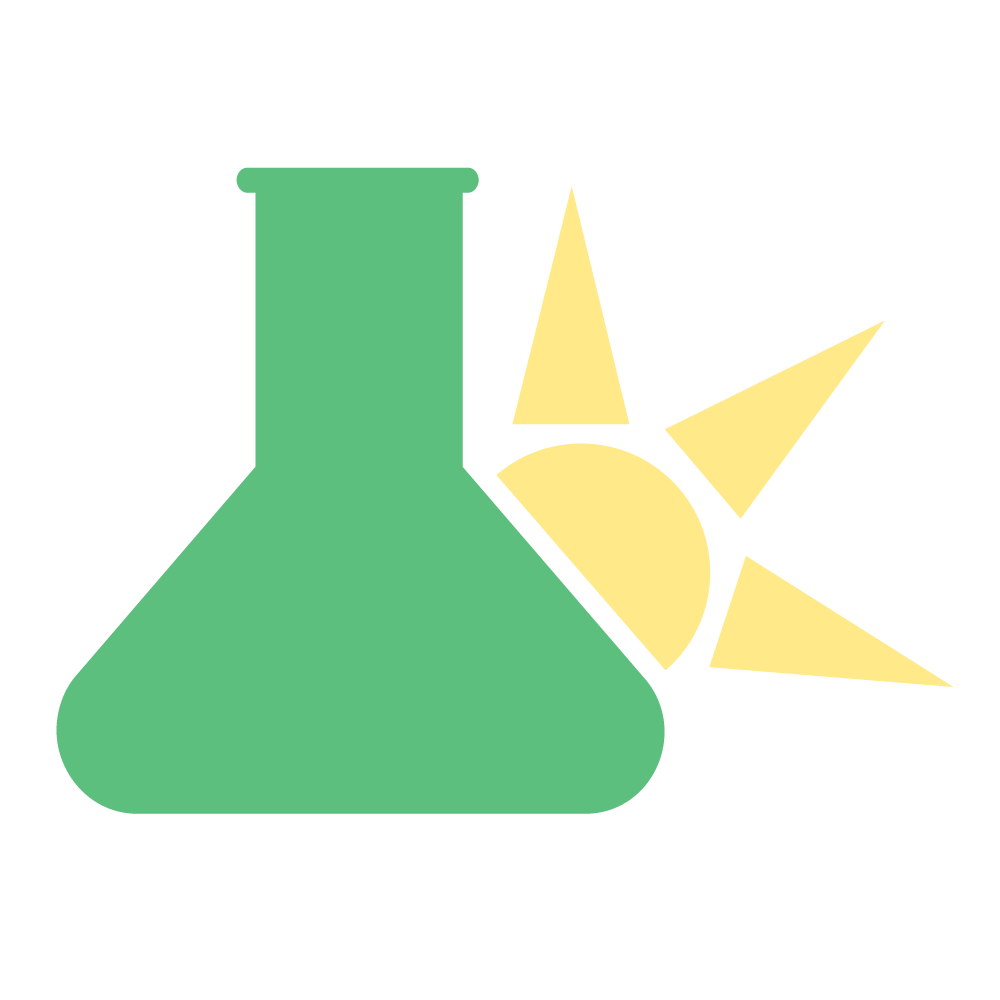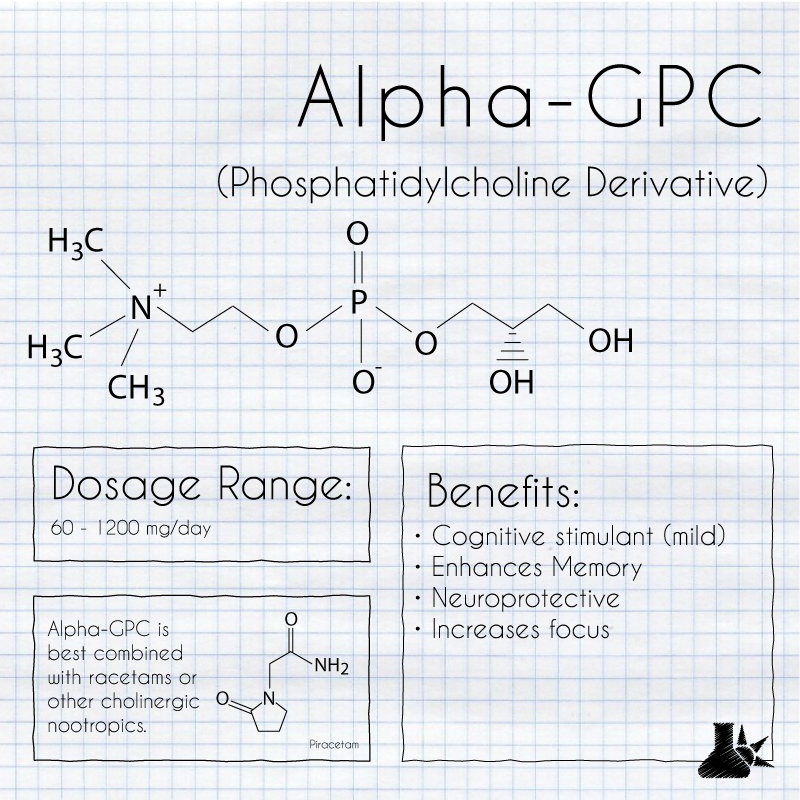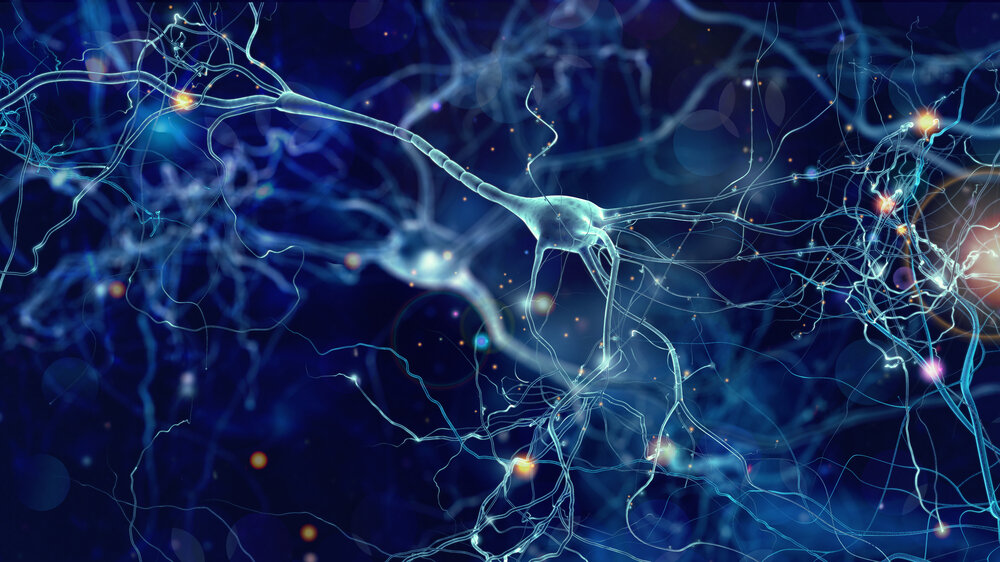Alpha-GPC Summary
Alpha-GPC is one of the most popular choline supplements on the nootropic market. This is because of its high efficacy, potency, and safety.
Many of the premier nootropic formulas on the market make use of this molecule for its ability to provide the brain with the choline necessary to produce the neurotransmitter acetylcholine. This neurotransmitter plays a crucial role in memory development, as well as numerous other cognitive processes.
When combined with a cholinergic such as racetams, the effectiveness of both substances can be significantly enhanced. Whenever taking racetams, it is always recommended to consume alpha-GPC or an alternative choline donor to avoid side effects of choline depletion and to optimize the effectiveness fo the nootropic.
Where Does It Come From?
Alpha-GPC is produced in small amounts in the human body, and can be found in plant sources such as soy. It has also been found in milk.
+ Indications
- In combination with cholinergic nootropics
- To improve memory and concentration
- Protect agains neurodegenerative disorders
+ Contraindications
insert
+ Mechanisms
- Choline donor
- Nutrient used in the formation of cell membranes
Actions
- Cognitive stimulant (Mild)
- Memory enhancer
- Neuroprotective
- Increases focus
Dosage
Chemical Description
Alpha-GPC is the short name for L-alpha-glycerylphosphorylcholine. [1].
It's a water-soluble, deacylated phosphatidylcholine derivative [2].
Pharmacology & Medical Research
+ Alzheimer's Disease
In a multicenter, double blind, placebo controlled trial consisting of 261 individuals, the choline precurser choline alphoscerate (alpha-GPC) was shown to produce a significant improvement in Alzheimer's symptoms over 180 days of treatment. The scores were based on numerous cognitive assessment scales such as ADAS-Cog, MMSE, GDS, ADAS-Behav, ADAS-Total, CGI, and GIS. The dosage used in this trial was 1200 mg/day broken into 3 doses of 400 mg. [2].
Alpha-GPC has also been shown to increase acetylcholine binding site density [5].
Choline preloading is slowly becomming a popular treatment option for the condition of Alzheimer's disease as a result of studies like this. As an essential precurser to Phosphatidylserine preloading follows similar benefits.
+ Growth Hormone
1000 mg of Alpha-GPC was shown to significantly increase levels of growth hormone in male patients 60 minutes after ingestion. The mechanism of action was reported to be through the action of acetylcholine-stimulated catecholamine [3].
+ Neuroprotective
In an experimental study, alpha-GPC was shown to have a neuroprotective effect on irradiated hippocampus of mice. More research is required to comfirm these effects in humans. [1].
Toxicity
Alpha-GPC is considered safe by the FDA and remains unregulated.
Some users have reported sleep disturbances after taking alpha-GPC due to some mild cognitive stimulating actions. Avoid taking alpha-GPC too close to the desired sleeping time in order to avoid this.
Synergy
Alpha-GPC is suggested to be synergistic with cholinergic nootropics including the racetam family of nootropics.
Alpha-GPC and other choline donors are also considered to be synergistic with antiacetylcholinesterase nootropics for a similar effect.
Recent Blog Posts:
References:
Plangár, I. (2014). Radio-neuroprotective effect of l-alpha-glycerylphosphorylcholine (GPC) in an experimental rat model. Jour2nal of Neuro-Oncology, 119(2), 253-261. doi:10.1007/s11060-014-1489-z
Toke´s T, Varga G, Garab D, Nagy Z, Fekete G, Tuboly E, Planga´r I, Ma´n I, Szabo´ RE, Szabo´ Z, Volford G, Ghyczy M, Kaszaki J, Boros M, Hideghe´ty K (2014) Peripheral inflammatory activation after hippocampus irradiation in the rat. Int J Radiat Biol 90:1–6
Adibhatla, R. M., & Hatcher, J. F. (2005). Cytidine 5′-diphosphocholine (CDP-choline) in stroke and other CNS disorders. Neurochemical research, 30(1), 15-23.
Adibhatla, R. M., & Hatcher, J. F. (2005). Cytidine 5′-diphosphocholine (CDP-choline) in stroke and other CNS disorders. Neurochemical research, 30(1), 15-23.Gimenez, R., Raich, J., & Aguilar, J. (1991). Changes in brain striatum dopamine and acetylcholine receptors induced by chronic CDP‐choline treatment of aging mice. British journal of pharmacology, 104(3), 575-578.
Trabucchi, M., Govoni, S., & Battaini, F. (1986). Changes in the interaction between CNS cholinergic and dopaminergic neurons induced by L-alpha-glycerylphosphorylcholine, a cholinomimetic drug. Il Farmaco; edizione scientifica, 41(4), 325-334.
Lopez, C. M., Govoni, S., Battaini, F., Bergamaschi, S., Longoni, A., Giaroni, C., & Trabucchi, M. (1991). Effect of a new cognition enhancer, alpha-glycerylphosphorylcholine, on scopolamine-induced amnesia and brain acetylcholine. Pharmacology Biochemistry and Behavior, 39(4), 835-840.







As COVID-19 continues to spread around the world, we’re getting a lot of questions on what the potential role of herbal medicine is during the outbreak. Learn how the virus works and how to limit your chances of transmission.